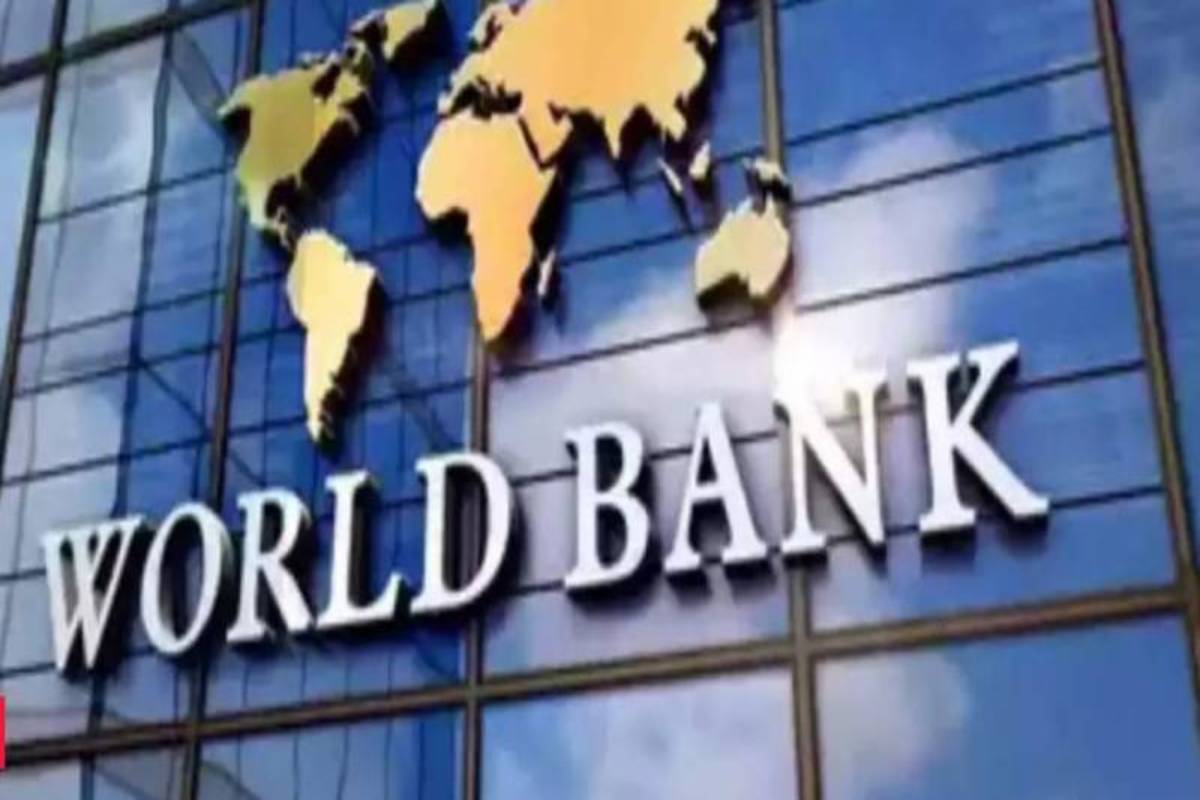LG calls effective for steps to wipe out terrorism from Jammu
Lt. Governor Manoj Sinha, on Thursday, stressed strengthening border security against asymmetric threats due to the porous border with riverine and difficult mountain ranges.
According to officials, the team will arrive here on 17 June and till 28 June visit various rivers, waters of which are allocated to Pakistan under the IWT.

[Representational Photo]
The World Bank’s neutral expert along with delegations of India and Pakistan on the Indus Water Treaty (IWT) is coming to Jammu and Kashmir on a 12-day visit to examine construction of hydroelectric projects on the Chenab and other rivers and also deliberate on the disputes raised by Pakistan.
According to officials, the team will arrive here on 17 June and till 28 June visit various rivers, waters of which are allocated to Pakistan under the IWT.
Advertisement
The J&K government has appointed 50 liaison officers, 25 each in Jammu and the Kashmir valley, for protocol purposes with the delegation. These officers have been directed to report to the managing director of the power development corporation on Saturday for briefing about the duties and responsibilities during the visit of the teams.
Advertisement
Neutral experts appointed by the World Bank and the IWT teams of India and Pakistan visiting J&K is a routine affair to settle disputes raised by Pakistan.
The IWT signed by India and Pakistan in 1960 allocates the three Western Rivers, Indus, Jhelum and Chenab to Pakistan and the Eastern Rivers, Ravi, Beas and Sutlej to India. The treaty allows each country certain uses on the rivers allocated to the other.
While the Indus originates and flows to Pakistan through Ladakh, Jhelum flows from Kashmir and Chenab originates in the Lahaul-Spiti district of Himachal Pradesh from where it flows to Jammu region and then to Pakistan.
India is building several hydroelectric projects on the Chenab and the earlier objections of Pakistan particularly on the height of the dam of some of these projects were overruled by the World Bank that is an arbitrator for resolving such disputes.
Pakistan had some time ago raised disputes over the design features of the Kishenganga 330 megawatts and Ratle 850 megawatts hydroelectric projects. These projects are on the tributary of Jhelum and on the Chenab.
The World Bank in 2022 appointed a neutral expert, Michel Lino and a chairman of the court of arbitration, Sean Murphy.
It is worth mentioning that the J&K Assembly in 2003 passed a unanimous resolution for abrogation of the IWT and again in 2016 it demanded revision of the Treaty as the legislators felt that the growth in irrigated land and hydropower development was hit due to the restrictions imposed by the IWT in Jammu and Kashmir.
In 2023, India reportedly asked Pakistan to renegotiate the treaty saying that Pakistan was repeatedly indulging in actions that are against the spirit and objective of the Treaty. Pakistan responded by saying that it can not take the risk of abrogation of IWT being a lower riparian party.
Advertisement